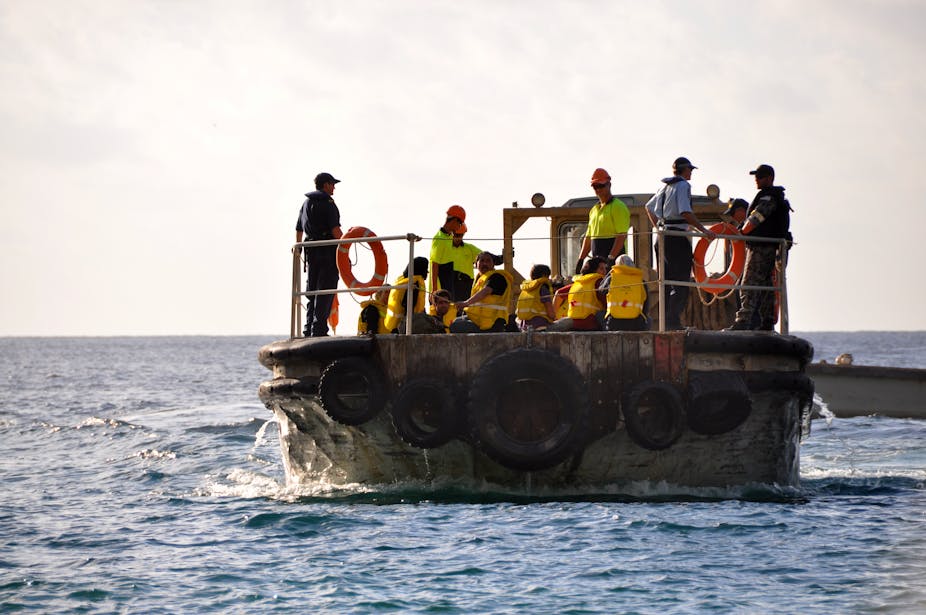A top Australian medical journal has called for an end to prolonged mandatory detention of refugees, warning that time in detention is associated with poor mental and physical health.
The Medical Journal of Australia editorial comes as the Australian government seeks to change the the Migration Act to revive the “Malaysian Solution” ruled illegal by the High Court earlier this month.
Critics of the plan say it would send refugees to a country where asylum seekers face the prospect of prolonged detention and uncertainty but the government has said its policy is designed to “remove the product people smugglers are able to sell.”
“Many of us are deeply ashamed of the way Australia treats asylum seekers,” said the MJA editorial, which was written by editor Annette Katelaris and Professor Mark Harris from the University of NSW’s Centre for Primary Health Care and Equity.
“Our politicians and media obsess about the way they reach our shores, but, as doctors, our role is to care for them and to advocate for their best interests. We have become increasingly concerned about their wellbeing.”
The editorial said Australia resettles about 14,000 refugees annually, a small proportion of the 15 million worldwide, and that immigration detention costs are expected to reach $800 million this financial year.
“It is well known that the detention environment is harmful, and that time in detention is associated with deteriorating mental and physical health,” the editorial said.
“It is our professional responsibility to sometimes speak out on policy issues that affect health. The profession can take some pride in its contribution to many public policies (like those that have helped reduce smoking deaths).”
Refugees should undergo health, identity and security checks within 30 days of arriving and the time limit should be no more than 14 days for children, the editorial said.
Self-harm
A separate article published in the same edition said there were 1100 incidents of threatened or actual self-harm in detention centres in the past financial year.
Monash University psychiatrist Professor Louise Newman, who wrote the article with Nicholas Procter from the University of South Australia’s School of Nursing and Dr Michael Dudley from the School of Psychiatry at University of New South Wales, said clinicians have an ethical and moral responsibility to speak out about policy that damages health.
“There’s clear evidence that prolonged restrictive detention damages people’s psychological well being,” she said.
“It’s also important to state that clinicians are potentially very compromised if they work in systems which are damaging people, especially if the system interferes with that clinicians ability to practice to the appropriate standard.”
Dr Newman said the proposed Malaysia plan raised concerns about “human rights violations and the ethics of sending very vulnerable people to a place where we cannot be certain about the care they will receive.”

